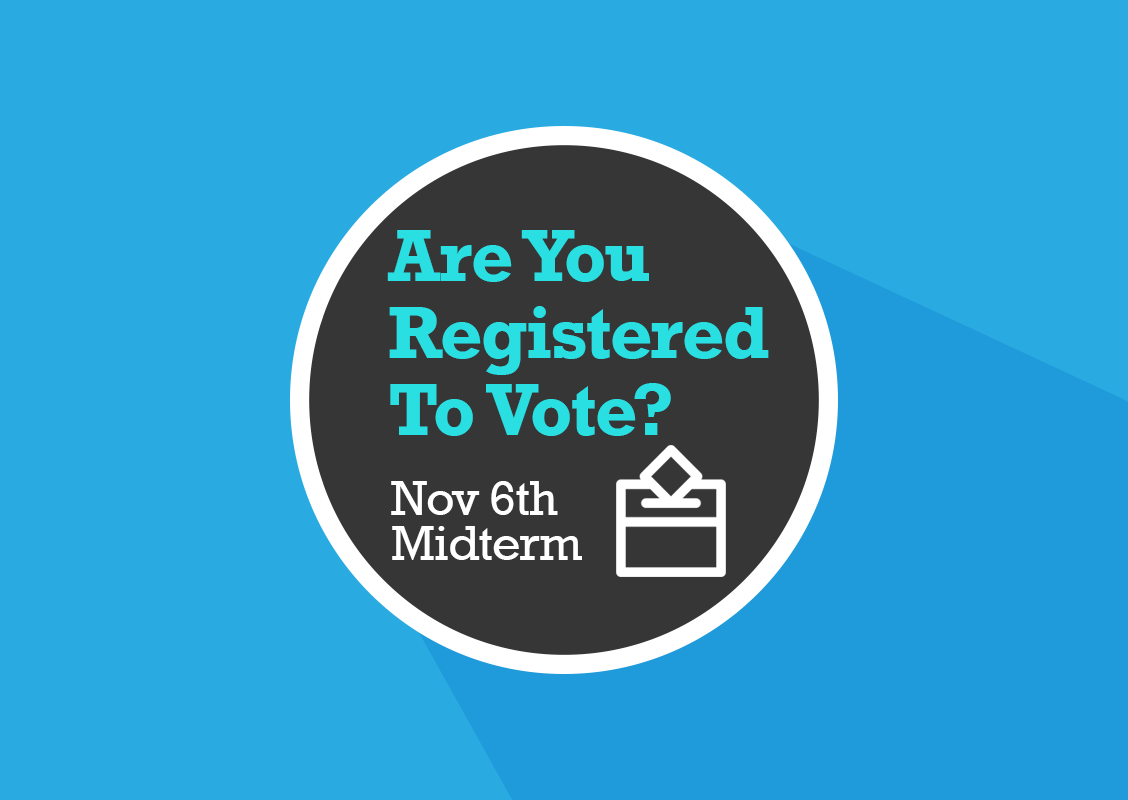Voting Rights
In 1890, voter taxes were implemented as a way to ensure that African American voters were not allowed to participate in elections. This tax was required in order for people to vote and while there were exceptions for poor white folks, those exceptions did not exist for African American voters. These poll taxes were then prohibited in 1964 by the Twenty-Fourth amendment, but only for federal elections. It was not until 1966 that the Supreme Court deemed these taxes unconstitutional for both state and federal elections. This means that poll taxes were enforced and permitted for 74 years for federal elections and 76 years for some state elections. They have only been officially illegal on a national level for 52 years.
Rest in Power
This month also marks the 63rd anniversary of the lynching of 14 year-old Emmett Till. On August 28th, 1955, a white woman accused Till of whistling at her which then led to her husband and his half-brother abducting Till from his home and murdering him. The two men responsible for his death were acquitted by an all-white jury despite all evidence presented. More recently, the memorial sign for Emmett Till was vandalized just 35 days after being replaced. The first sign had bullet holes from people shooting at it, and just over a month after being replaced, more bullet holes were found in the new sign. In addition to the vandalism of the sign, lynching is still not considered a federal crime despite the nearly 200 times it has been addressed on the federal level.
Bail Reform
California has officially passed a bill, Senate Bill 10, that reforms bail throughout the entire state. At first glance, this bill appears to be moving towards a just bail system. However, upon further investigation SB 10 will give more power to the courts and magistrates to determine who should be released back into the community. It will also give them more power to deny bail to the accused. This bill will allow the accused to pay courts to secure freedom by trying to remove bail bondsman. This ensures that the courts get the money, limits options for the accused to secure their freedom and does not ensure that the accused will show up in court due to lack of government resources. SB10 will allow bails to be set at rates that low-income folks will not be able to pay. We advocate to end a money based bail system and SB10 is simply replacing one faulty system with another.

